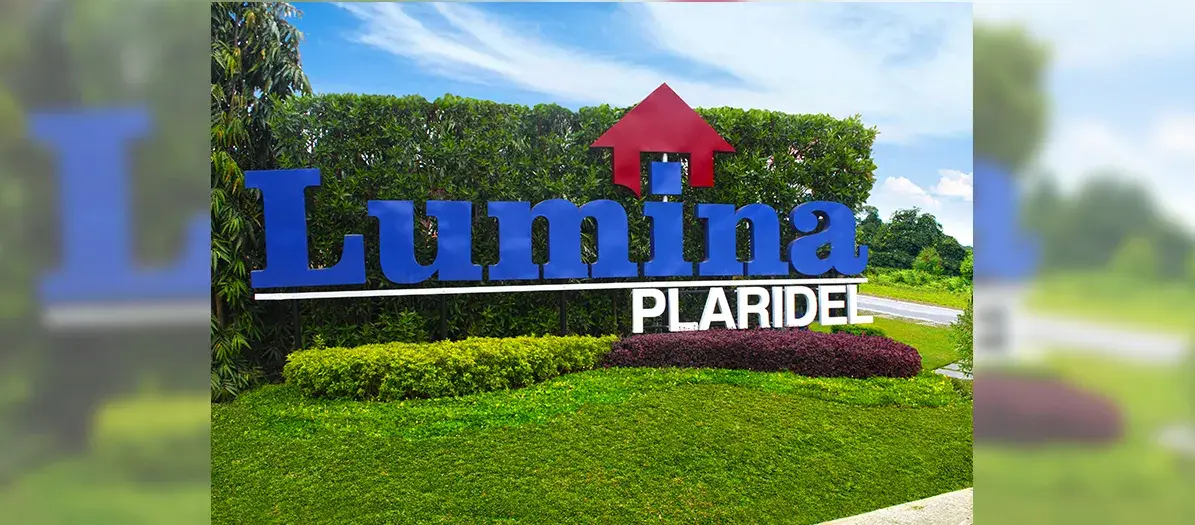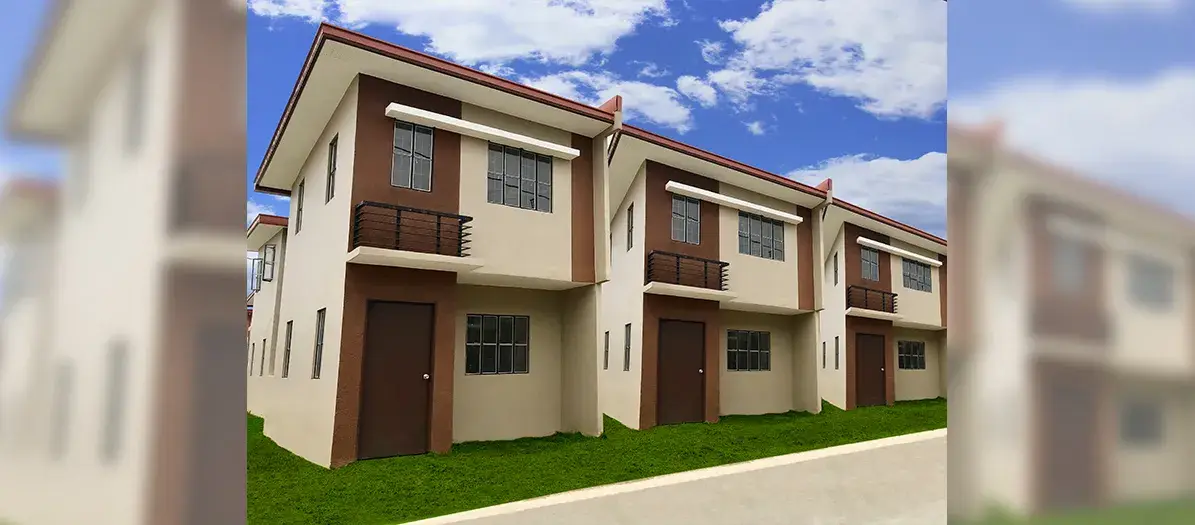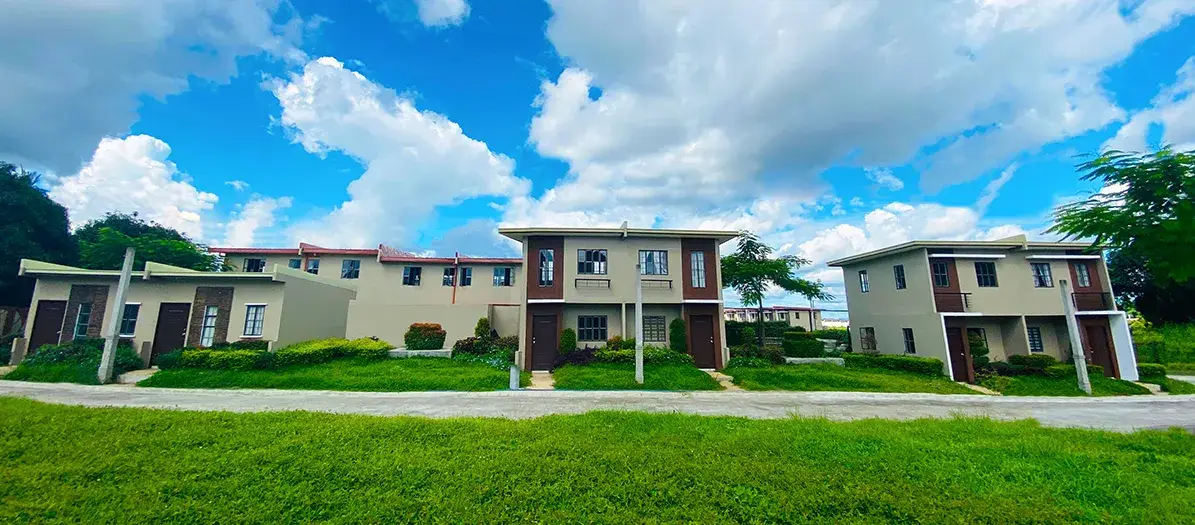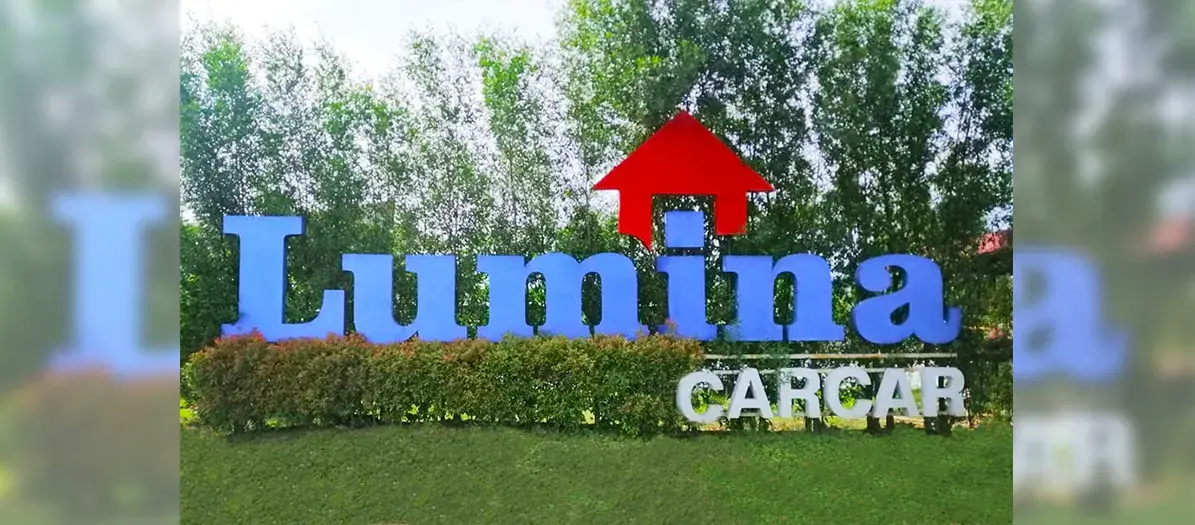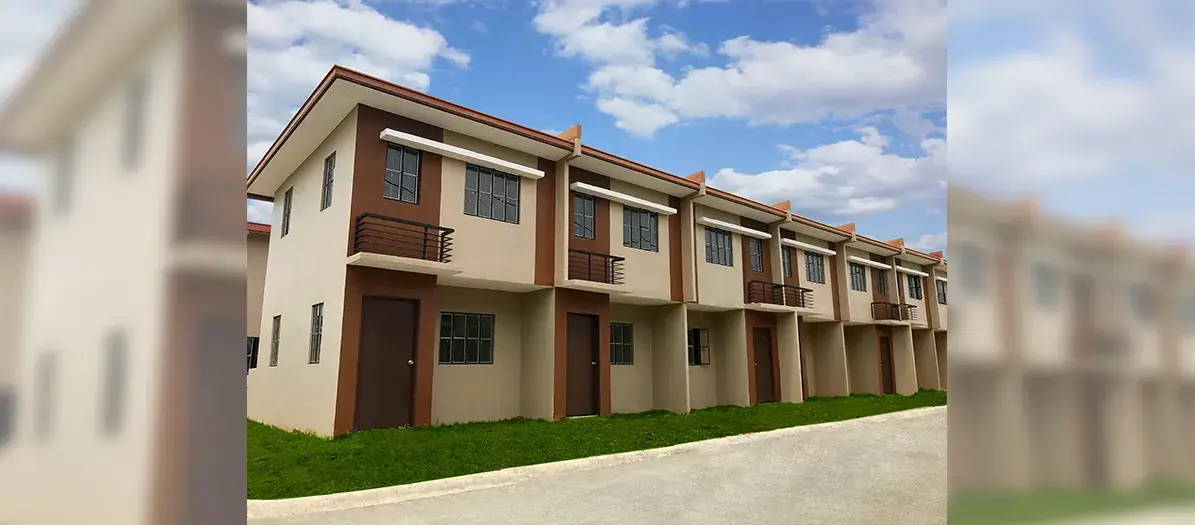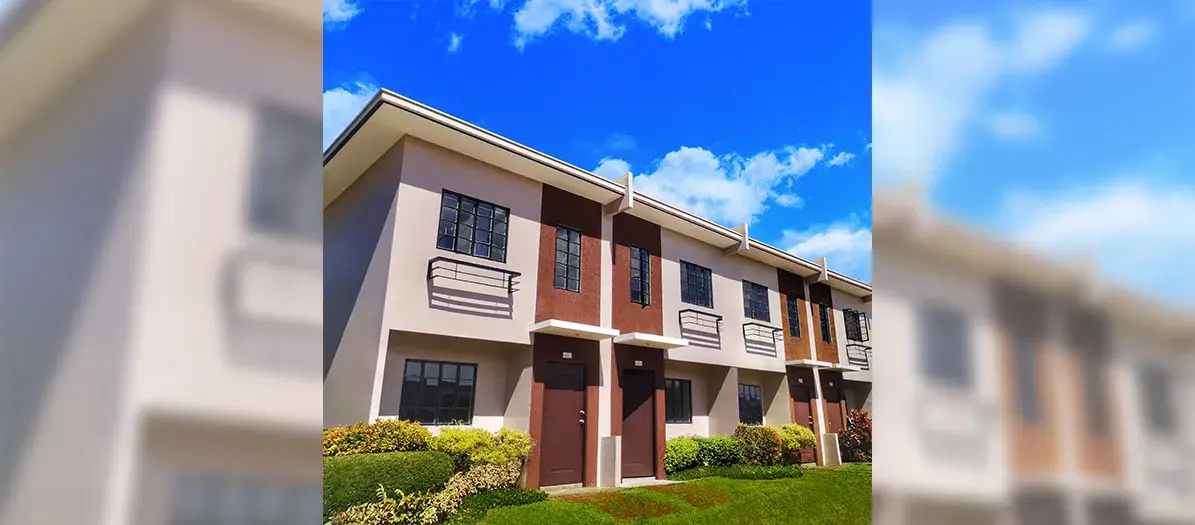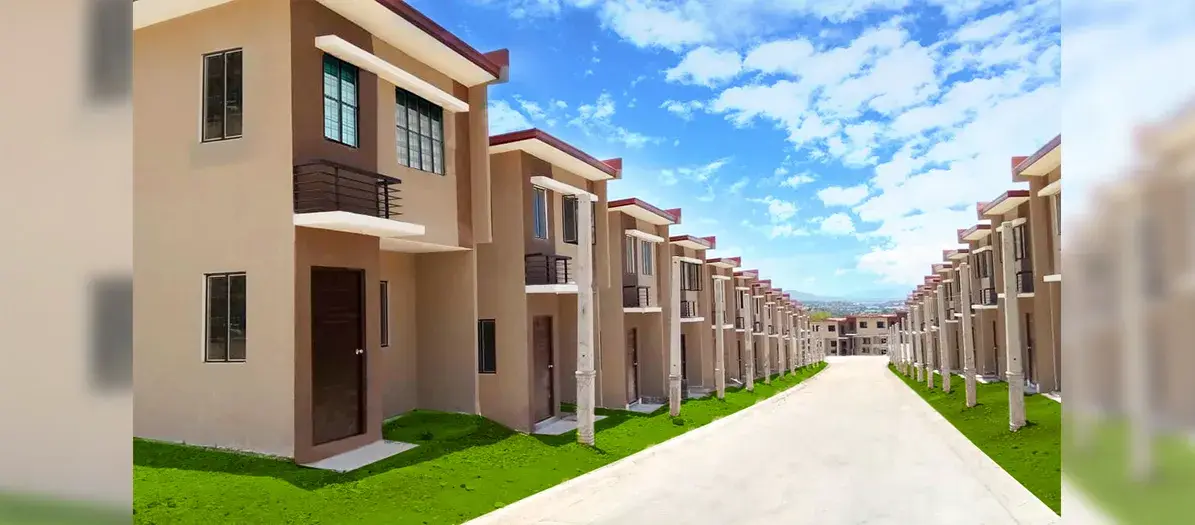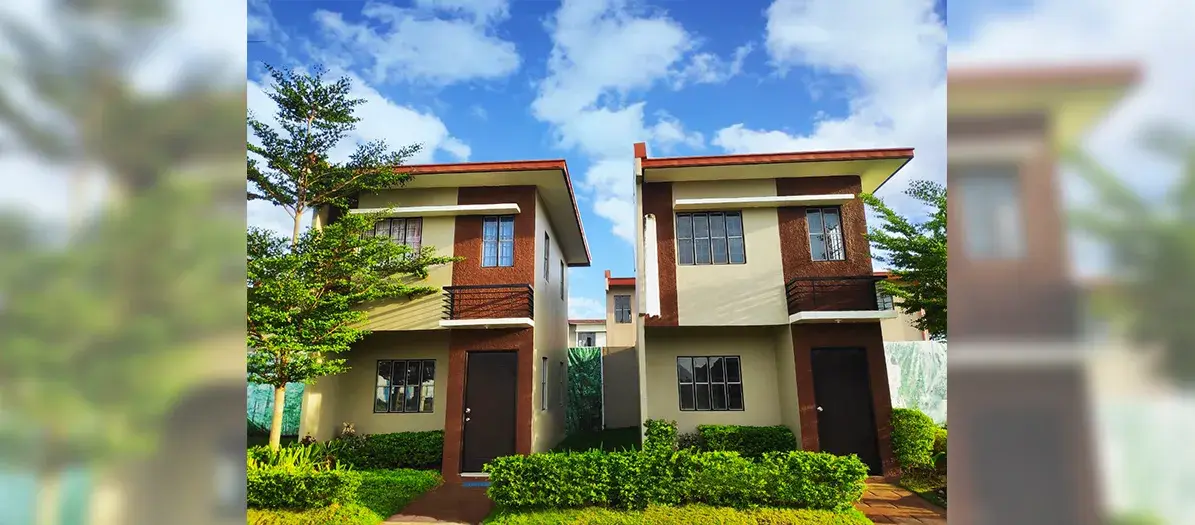Earnest Money vs Down Payment: Real Estate Transactions Terms That You Should Know
10 July 2022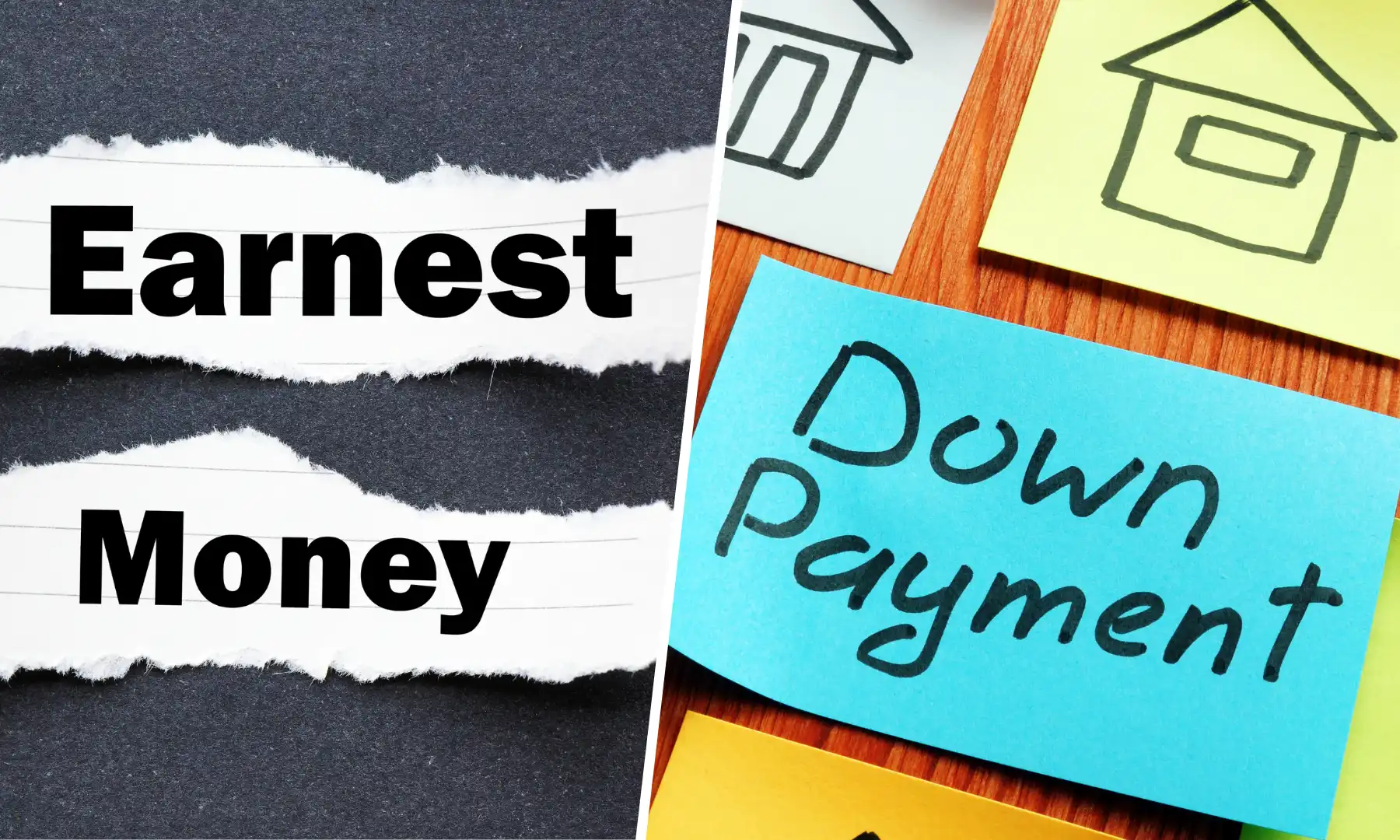
Being a first-time homeowner is always a joyous occasion, although it might be difficult and time-consuming to go through the buying procedure.
When you're inexperienced with the process of buying or selling a house, it may rapidly become difficult to understand the terminology used in real estate deals.
To tell the truth, for most homebuyers, the variety of payment options is the most difficult element of the process. The Earnest Money and the down payment are two phrases that are often misunderstood or unknown in real estate transactions, although they are two of the most important.
What is the difference between a Down Payment and Earnest Money Deposits?
There are many parallels and contrasts between earnest money and down payments when it comes to real estate. When it comes to finding a house to buy, understanding the differences between the two tools might help you get a better bargain from a seller and save you money in the long run.
Term definition
Earnest money deposit
In order to buy the house of your dreams, you'll need to come up with a deposit. After signing a house purchase agreement, the initial payment you put down is known as earnest money. As the name suggests, the goal of this document is to indicate that you are acting in good faith and are really interested in acquiring the property.
As soon as a seller accepts your offer on a house, the seller must then withdraw the property from the market as required by law but there is a danger in doing so. The seller would suffer an inconvenience as well as a financial loss if you were to have second thoughts or find another property that you like better and walk away from the contract. In cases like this, the earnest money provides as a safety net for the seller in the event that the contract agreement is not upheld.
Down payment
In the process of purchasing a property, a down payment is a sum paid by the buyer, which is given to the seller. After the down payment, a home loan or mortgage covers the rest of the purchase price.
A down payment might come from a savings account, the equity in a previous property, or any other source. Certified money are the most common delivery method. If the purchasers don't have their funds with them when they close, their bank will wire it for them. The earnest money deposit, which is returned to the purchasers after closing, is typically included in the down payment.
Closing the deal
Earnest money deposit
Earnest money deposits assist to make your offer stand out to sellers and secure an agreement to start the process of their homebuying journey.
When the earnest money is sent in, it's as if the contract is nearly complete since the property is effectively placed on hold until all of the terms and conditions agreed to by the seller and buyer are met.
Down payment
When a buyer pays a down payment, the transaction is finalized and the property is in their possession.
In the eyes of a seller, a buyer who puts down a higher deposit shows more maturity and preparedness. There is evidence of their ability to deal with any financial difficulties that may emerge when they pay off the entire contract price of the house and lot that they bought.
How they are being used
Earnest money deposit
Earnest money may be used for the down payment and closing costs after the escrow account has been closed and the loan has been approved. The earnest money paid by a buyer is often used to hold onto the property while they search for or apply for loans to pay off the remaining balance and to keep it on hold during the process of due diligence.
On the other hand, when the buyer backs out of a transaction, earnest money is used as compensation to ensure that both parties are protected in the event that they are not on the same page and do not adhere to the terms of the purchase agreement.
Down payment
In the closure of a real estate transaction, the down payment is exclusively applied to the purchase price of the property, not to any other costs.
While purchasing a property, the down payment must be made in order to secure the deal. The amount you pay as a down payment is subtracted from the purchase price of the house, and the balance is usually rolled into your loan.
Contract requirement
Earnest money deposit
Not required. For contracts where earnest money is not explicitly stated and agreed upon by both the seller and the buyer, then the buyer does not need to put down any money at all.
Down payment
If a buyer is taking out a home loan or mortgage to pay for the property, they will need to cash out a down payment to secure the house and lot that they want to buy.
Who will receive these payments
Earnest money deposit
The down payment is held in escrow until the transaction is completed. The third party will keep it secure until it's time to use it for other expenses.
Down payment
When the contract is finalized, the money for the down payment is delivered immediately to the home's seller.
Payment costs
Earnest money deposit
If you're asking how much earnest money deposit amount you need to shell out when buying a property, it is typically between 1 % to 3 % of the purchasing price. Depending on the area, the real estate market, and whether you're purchasing a resale or a new construction property, this sum might vary greatly. Negotiating the amount of earnest money may be possible in a slow market, but in a hot market, you may want to give more than the desired amount to stand out from other purchasers.
Down payment
Mortgage companies need a three percent down payment on a home's purchase price as a minimum down payment requirement. For numerous reasons, it's preferable to put down a 20% deposit or more. In a general sense, the bigger the down payment, the better the buyer's chances of securing a mortgage. As a bonus, homebuyers will also enjoy lower monthly mortgage payments.
All these payment terms in availing a home are surely overwhelming and confusing particularly to first-time homebuyers. That is why it's a good thing that there are now developers in the Philippines that offer a hassle-free and smoother home buying process to our first-time homebuyers!
Lumina Homes, one of the leading community providers in the country, offers an easy reservation process to homebuyers. You also don't have to pay any earnest money when availing a house and lot in Lumina that you can focus more in shelling out your down payment for your chosen unit and settling your mortgage or bank loan.
Make your reservations now in one of our over 50 projects nationwide and achieve your dream house and lot property with ease through Lumina Homes!
Loan Calculator
Try Lumina Homes' loan calculator and get an estimate computation for your preferred Lumina property and home model.


